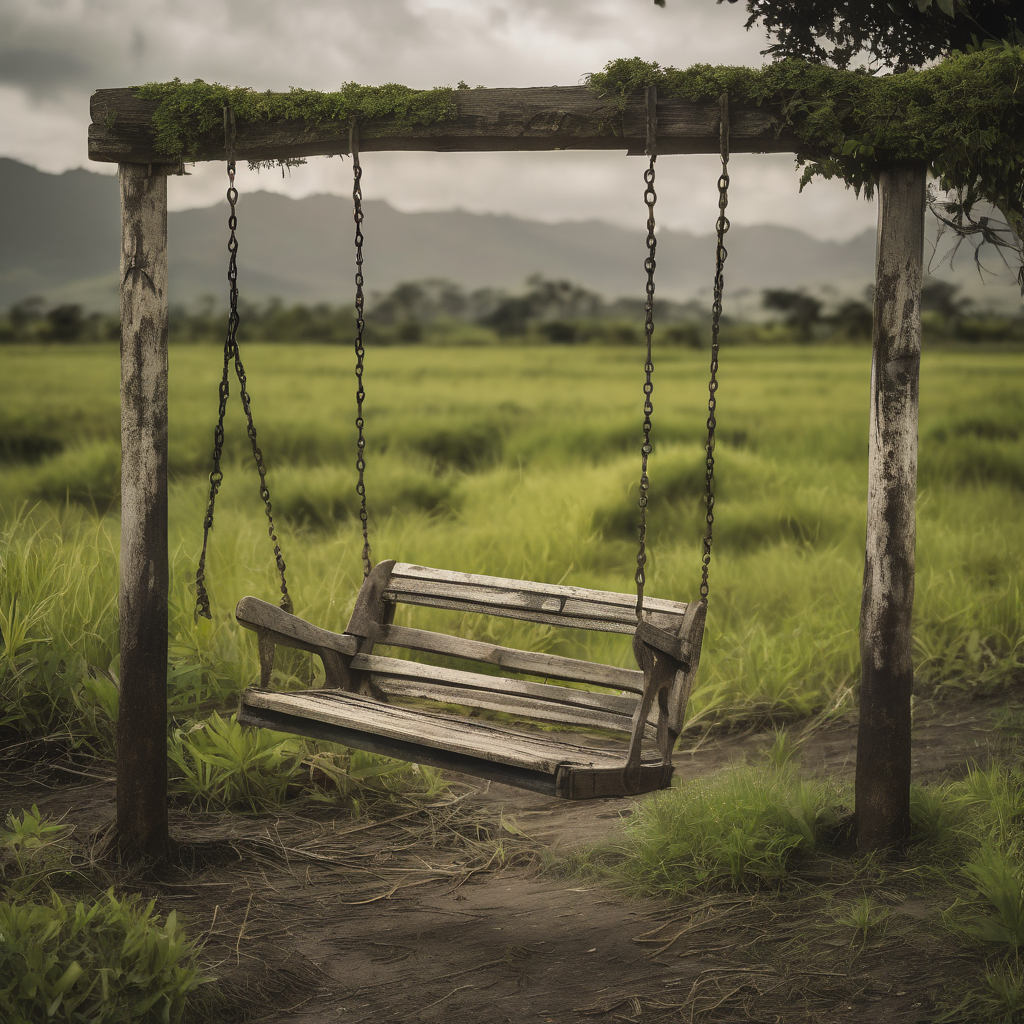Families in rural communities across Fiji often choose to handle rape cases internally instead of reporting them to authorities, a concern highlighted during a recent panel discussion on sexual abuse. Ela Tukutukulevu, deputy director of the Department of Children, emphasized that this issue tends to arise particularly in cases where the perpetrator is a family member.
Tukutukulevu pointed out that shame remains a major obstacle to reporting sexual abuse. “It is a shame, especially if the abuse happens in the family and a member of the perpetrator is known to the family,” she remarked. This sentiment is echoed in societal attitudes where fear of social stigma and community gossip deter families from seeking help.
The reluctance to report such incidents can lead to children suffering in silence. As Tukutukulevu noted, “The fear of being talked about in the community… often leads families to handle such cases privately.” Community support structures are crucial in breaking this cycle and encouraging victims to come forward.
Meanwhile, Adi Salote Lalabalavu, a police representative from the Online Child Sexual Exploitation and Abuse Team, highlighted a slight uptick in reporting due to increasing awareness efforts by community officers. She noted, “We see that now there is more reporting coming from the communities, just because of the robust awareness that has been conducted by our community officers out there in the field.” However, many cases still remain unreported, primarily dealt with internally among families.
Statistical data from the Fiji Police Force reveals alarming trends in sexual offenses, particularly against minors. For instance, recent reports show that among 92 incidents documented in January alone, a significant portion involved children. Moreover, the majority of victims in these cases were female, underscoring the critical need for societal action and awareness regarding child protection.
The ongoing dialogue surrounding these issues is a step toward fostering an environment where victims feel safe and supported. Enhanced community initiatives and robust advocacy against sexual violence are necessary for creating safer spaces for children and families alike. Together, with increased awareness and open discussions, we can hope for a future where victims are empowered to seek justice and families are encouraged to break the silence surrounding abuse.
